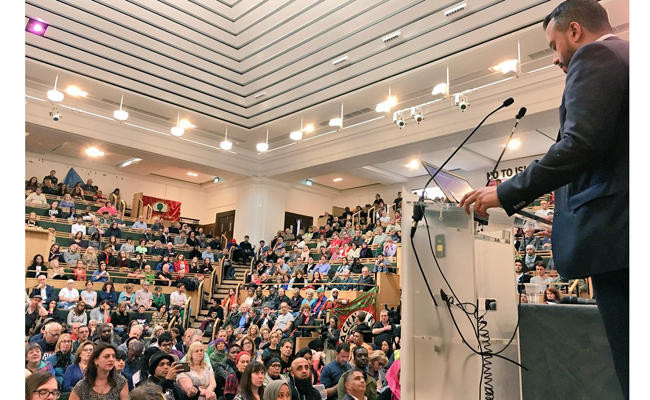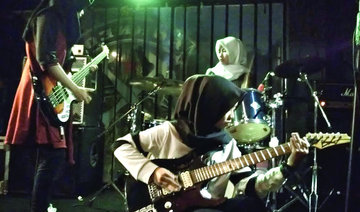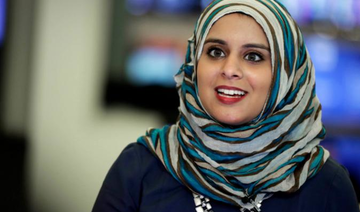LONDON: The Muslim Council of Britain has signaled alarm over a controversial plan to quiz young children in England about why they wear the hijab to school.
The head of the Office for Standards in Education, Children’s Services and Skills (Ofsted), which covers schools in England, confirmed on Sunday that inspectors will start asking primary school girls their movies for wearing the head covering.
It argued that the practice of children wearing the garment — including some as young as 3 — could be “interpreted as sexualization of young girls.”
But the plan unveiled by Ofsted Chief Inspector Amanda Spielman sparked alarm at the UK’s most prominent national Muslim umbrella body.
The Muslim Council of Britain (MCB) said in a statement that it was concerned over schoolgirls “being unfairly targeted because of the choice they make to wear the headscarf,” saying the proposal challenges the “British values of religious freedom that this country cherishes.”
MCB Secretary-General Harun Khan said: “It is deeply worrying that Ofsted has announced it will be specifically targeting and quizzing young Muslim girls who choose to wear the headscarf. It sends a clear message to all British women who adopt this that they are second class citizens, that while they are free to wear the headscarf, the establishment would prefer that they do not.
The Muslim Council of Britain responds to Ofsted's proposal to target young Muslim girls who choose to wear a headscarf, as reported in The Sunday Times pic.twitter.com/kWlGhgiRA8
— MCB (@MuslimCouncil) November 19, 2017
“The many British Muslims who choose to wear the headscarf have done extremely well in education and are breaking glass ceilings.
“It is disappointing that this is becoming policy without even engaging with a diverse set of mainstream Muslim voices on the topic.
“One can only hope that this wrong-headed approach will be swiftly reversed, and the reasonable and sincere choices of young children and their parents — even if they are Muslim — will not be dismissed so easily.”
Ofsted confirmed to Arab News that inspectors would ask about the choice of schoolgirls wearing the hijab “when it’s appropriate to do so.”
Amanda Spielman said in a statement: “While respecting parents’ choice to bring up their children according to their cultural norms, creating an environment where primary school children are expected to wear the hijab could be interpreted as sexualization of young girls.
“In seeking to address these concerns, and in line with our current practice in terms of assessing whether the school promotes equality for their children, inspectors will talk to girls who wear such garments to ascertain why they do so in the school.
“We would urge any parent or member of the public who has a concern about fundamentalist groups influencing school policy, or breaching equality law to make a complaint to the school. If schools do not act on these complaints they can be made to Ofsted directly.”
The Sunday Times, which first reported the controversial plan, said there was “concern” over Muslim girls as young as 3 wearing headscarves to school.
Ofsted’s plan will mark the first time the rise of the “classroom hijab” has been officially challenged in English state schools, the newspaper said.
It quoted the head teacher of a school in Upton Park, east London, as saying that children aged 3 to 5 were arriving wearing the hijab to nursery school.
















